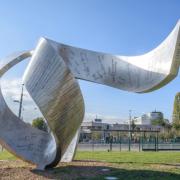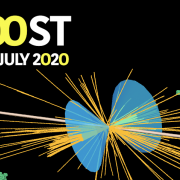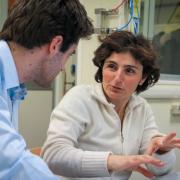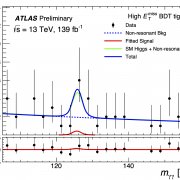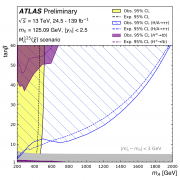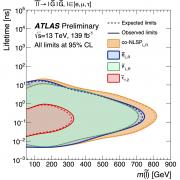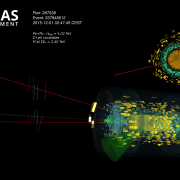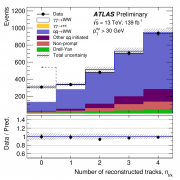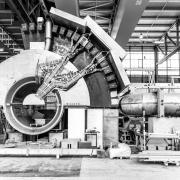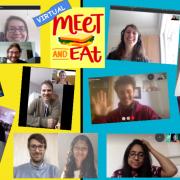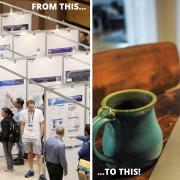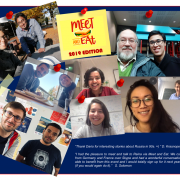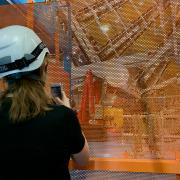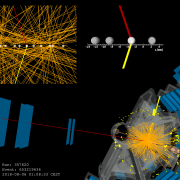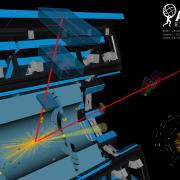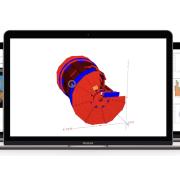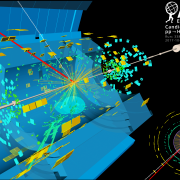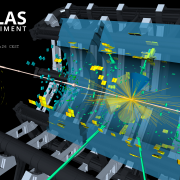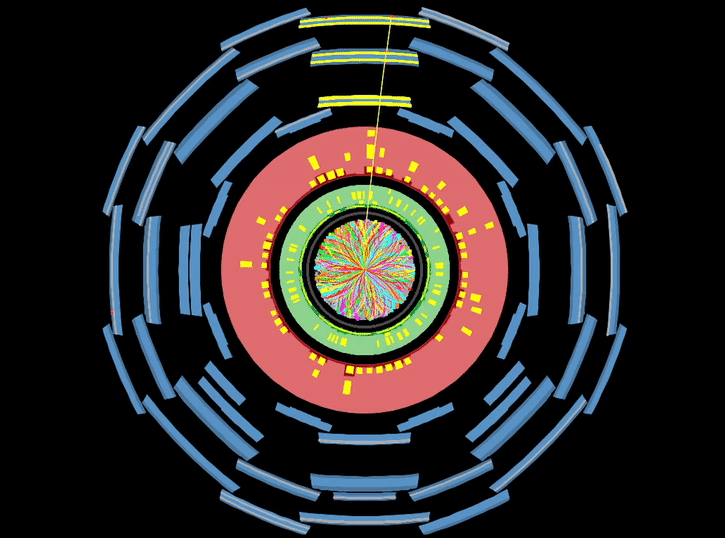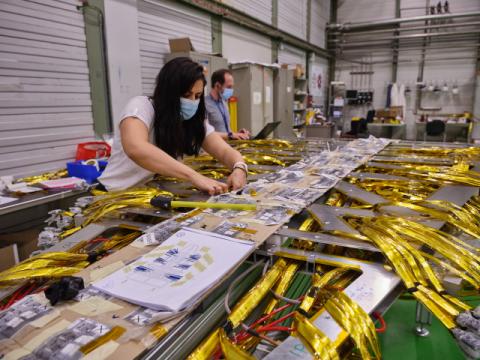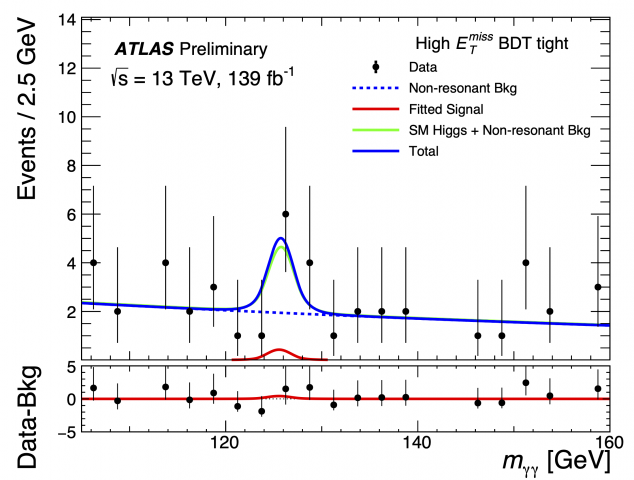Access to Collaboration Site and Physics Results
Updates tagged: “ATLAS Collaboration”
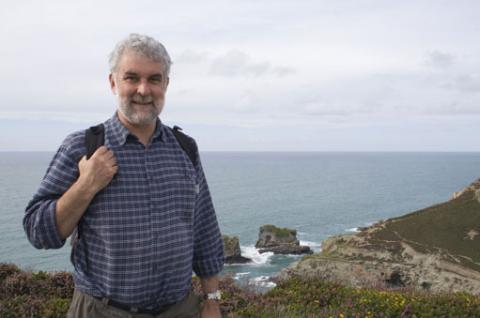
Steve Lloyd
Talking to Steve Lloyd, you can’t help but get the sense that the influence of this softly spoken, polite Brit is woven into the very fabric of CERN. As the author of the improved ATLAS Computing Workbook, he has certainly touched the working lives of all new members of ATLAS since 2005, but his reach extends further than that.
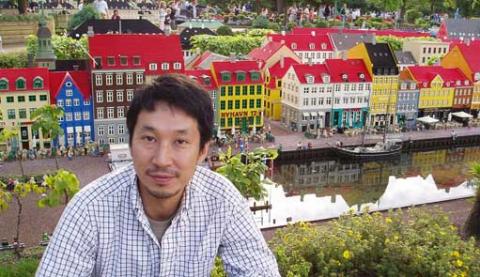
Soshi Tsuno
Soshi Tsuno didn’t know much about particle physics until he met professor Hiroshi Takeda in his fourth year at Kobe University in 1996. At the time, ATLAS collaborators there were already developing the thin gap muon chambers (TGCs) that reside in both the large and small wheels, and Soshi joined this work.
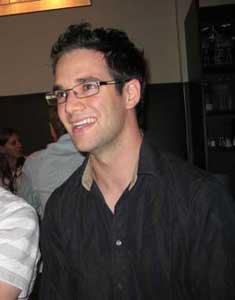
Anthony Morley
̉Walk through Restaurant 1 at about 1 p.m. on a weekday, and you can’t fail to notice the plethora of languages being spoken. Not only that, the diversity of accents twisting themselves around English or French conversations reveals just how many nationalities are represented at CERN. Nevertheless, listening to Anthony Morley mid-flow is still a bit of a novelty, given that he’s one of only a handful of Australians working on-site on ATLAS.
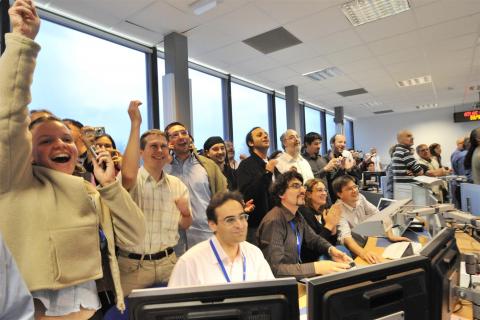
First beam and first events in ATLAS
ATLAS experimenters celebrated today as the first beams circulated the Large Hadron Collider in both directions. While everyone was cheering in the LHC control room, the cheers were echoed in the ATLAS and other control rooms, and in several auditoriums around CERN.

Football and Modern Art for ATLAS
This time the outside ATLAS overview week was held in a somewhat unusual venue for a physics meeting. All the plenary sessions were organized inside the VIP area of the famous soccer stadium "Stade de Suisse" just outside the city center of Bern. I was one of the few participants of the meetings that had previously been in this stadium and moreover I was honored to be the coach of one of the two ATLAS soccer teams composed specially for the meeting. Thus when I was asked to give my impressions from the meeting, I thought I should mostly share my analysis and personal view of the first ATLAS soccer game and I happily accepted.
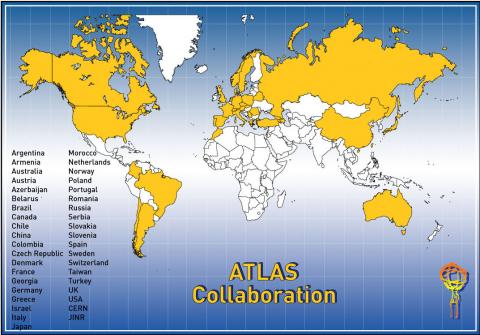
Socio-Economic Perspectives on ATLAS
Building the ATLAS detector has been a mammoth and innovative project. Sociologists, economists, and entrepreneurs have studied how such projects benefit society and the economy. The ATLAS collaboration has a number of unique characteristics, because of the size of the project, together with its complex scientific nature. It is the largest collaborative effort ever attempted in the physical sciences with more than 2200 physicists from 38 countries.
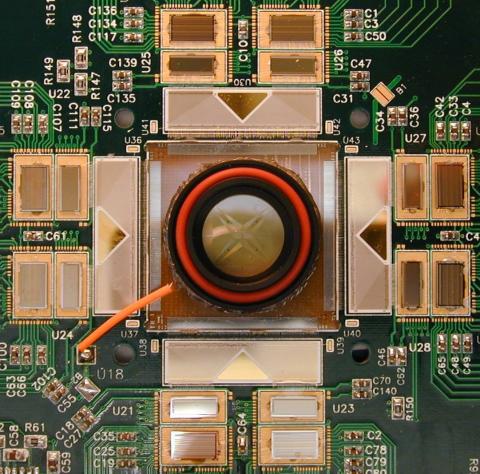
From Exotic Particles to Possible Solutions for Blindness
The search for exotic particle has led Alan Litke and his ATLAS colleagues to design a system that has allowed the discovery of a new type of cell in the retina of primates, and this technology is helping to find solutions for certain types of blindness.
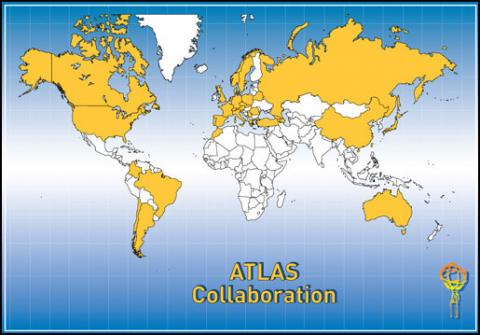
Argentina, Chile and Colombia Join ATLAS Experiment
The ATLAS collaboration is continuously expanding, and recently its message has reached new shores – South America. Three new countries, Argentina, Chile and Colombia joined the collaboration at the beginning of the year, when Peter Jenni, ATLAS spokesperson, signed collaboration agreements formalising the presence of the Latin American research teams within the ATLAS experiment.


